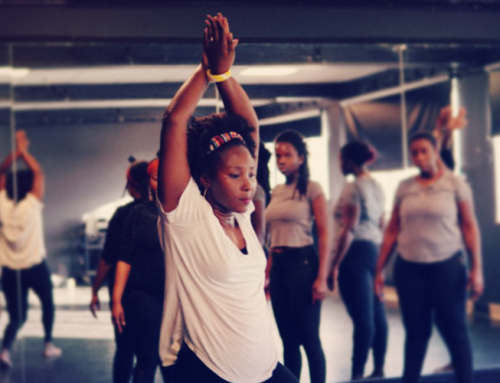TRADITIONAL DANCES OF HAITI
Haitians are those who like to celebrate with their families. Then, to be part of their family, blood ties are optional. You just have to love to get drunk, eat and above all dance. Dance has a huge place in Haitian culture. All the dances of the country carry history and traditions. The so-called traditional dances are the best example.
It is these dances that we will explore and through the series of articles: The traditional dances of Haiti.
______________________________________________________
Folk or traditional dances?
First, you have surely heard the term folkloric to describe traditional Haitian dances. The words traditional and folk, despite their similar definition, do not mean exactly the same thing. The term folklore comes from the English words “folk” which means people and “lore” which designates knowledge. Folklore is the whole culture of a people. It contains all its cultural and traditional practices: festivals, customs, dishes, tales, rhythms, cults and of course the danses. All these riches that evolve with the generations. Whereas, the term traditional corresponds to what is based on traditions. These doctrines, opinions, customs that exist and are transmitted from generation to generation. In short, these are words that are very similar. That's why both are commonly used, one is as good as the other.
Where does this cultural heritage come from?
Moreover, these dances are as old as the Haitian people. As the haitian music, they were inspired by the peoples who lived in the territory. However, it is the movements and beliefs from Africa that have most influenced traditional Haitian dances. We see it clearly in the name of some of these dances: Kongo, Ibo, Dahomey, etc. Voodoo and its principles of unity also had a lot of influence on them. Several dances are still commonly danced during divine celebrations. This is how the Haitian traditional dances, like manyother aspects of culture, are part of the rich African heritage of the first free black republic.
Dance holds an important place in the hearts of Haitians
Whatever one may say, Haitians are born dancers. They dance among themselves, they dance with others, they dance when they are happy, but also when they are sad. Movement, rhythms and music occupy an important place in the culture of the country. In fact, we cannot talk about Haitians without talking about the haitian dance. During demonstrations and marches, dance and music are always present. Dance is a positive statement of life. We cannot prevent Haitians from moving to the sound of music.
In conclusion
Finally, it is this heritage and these traditions that make Haitians the strong and warm people that they are. Dance has always been an escape for the soul, a way to let go, it is an integral part of culture. We cannot talk about Haitian culture without talking about these dances.
It is for this reason that the series of articles takes place: The traditional dances of Haiti. This is an opportunity for you to learn more about this art. Then, if you want to experience culture through movement, the Center Toussaint offers dance classes in Montreal and online. Classes are taught by teachers who learned to dance in Haiti.
Other articles in the series:
Traditional dances of Haiti – Yanvalou
Why not take Haitian dance classes with Centre Toussaint?
Let me know in the comments if you've ever danced a Haitian dance.






Facebook Comments